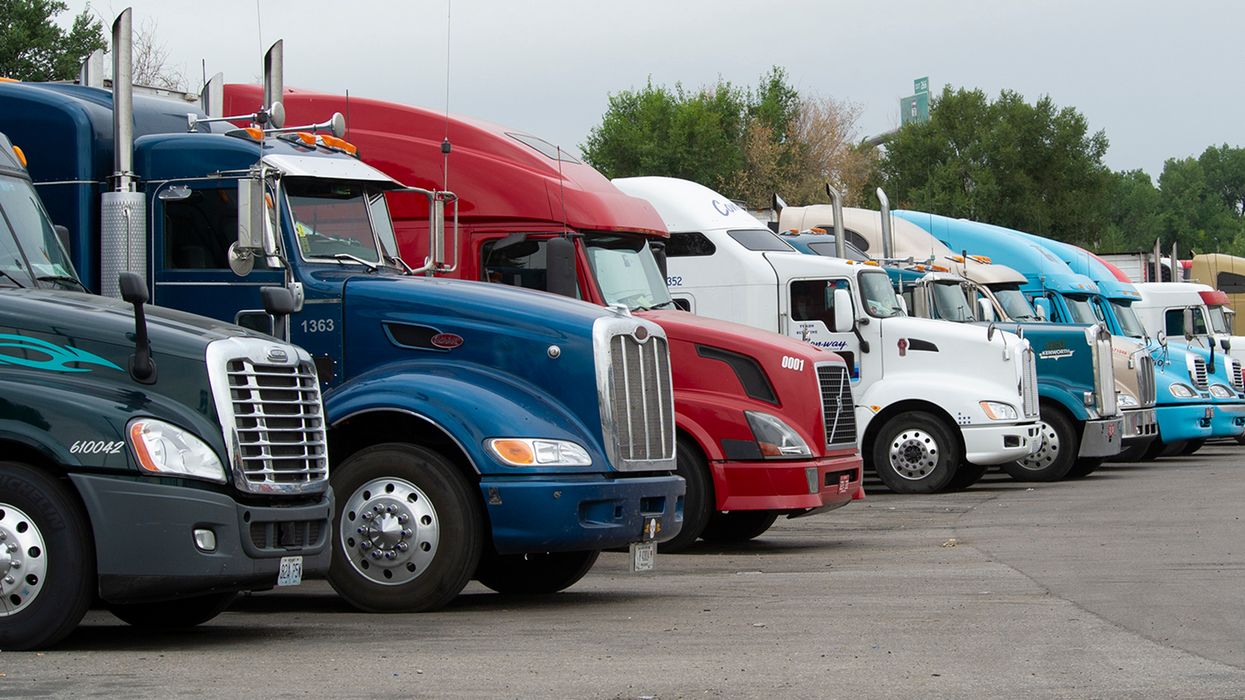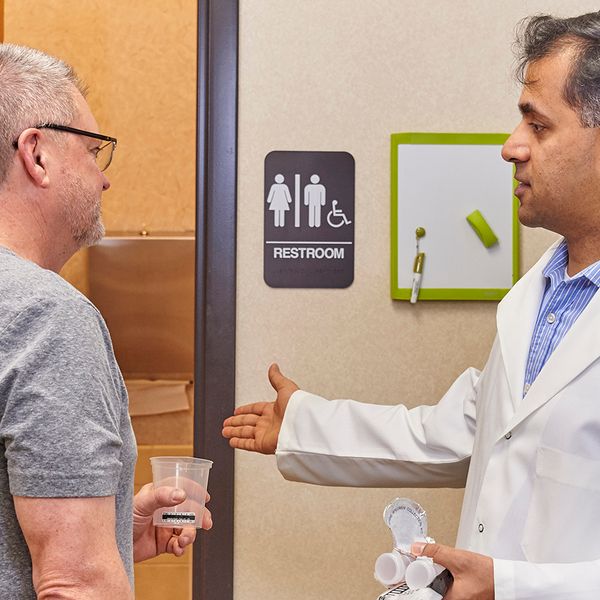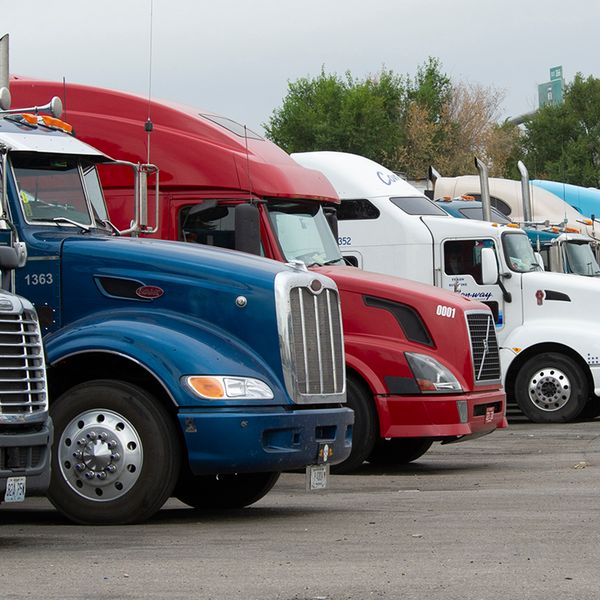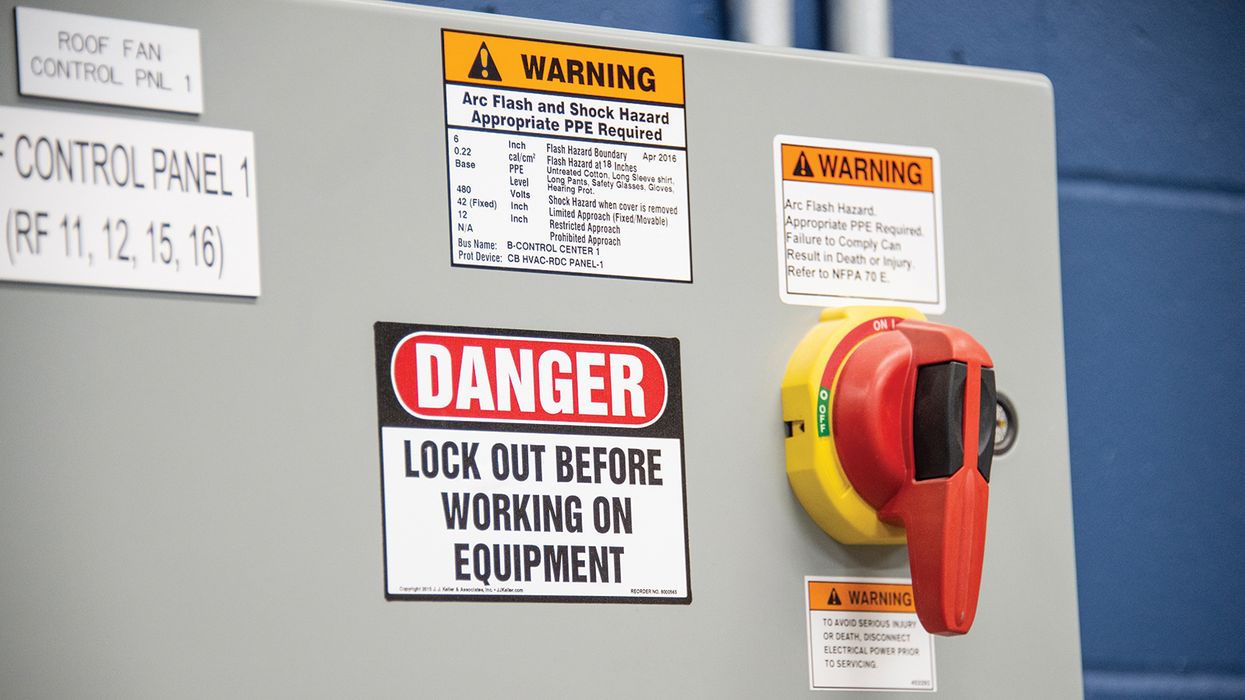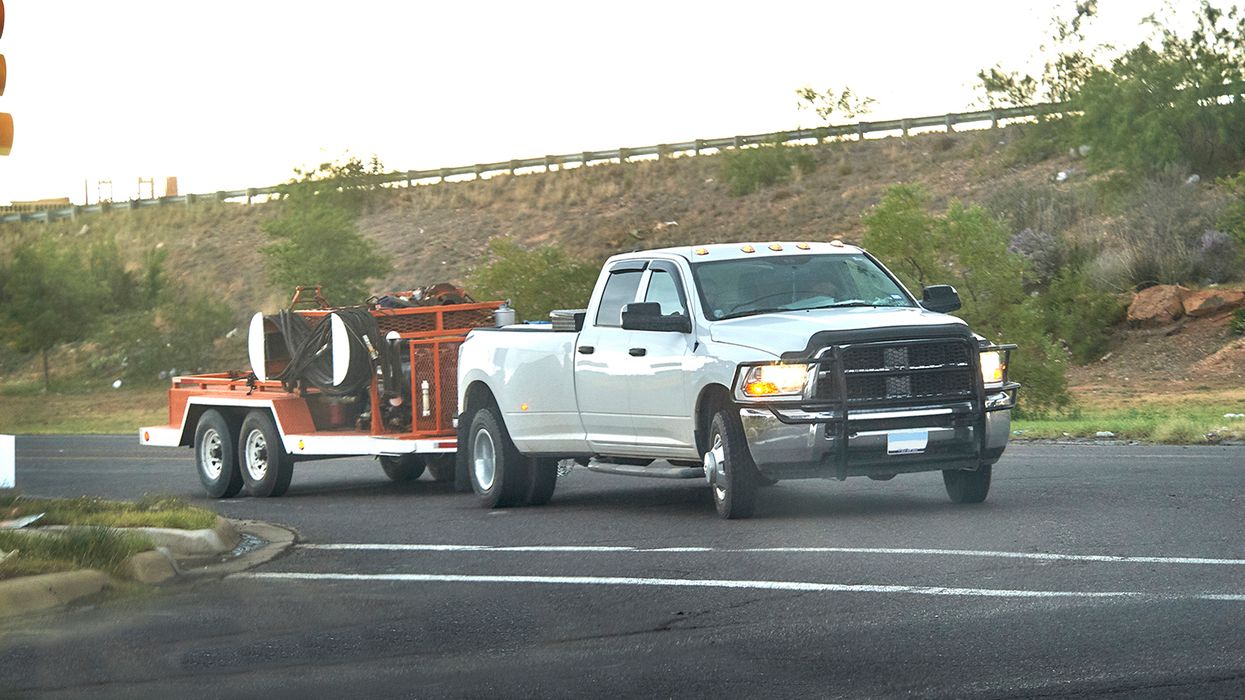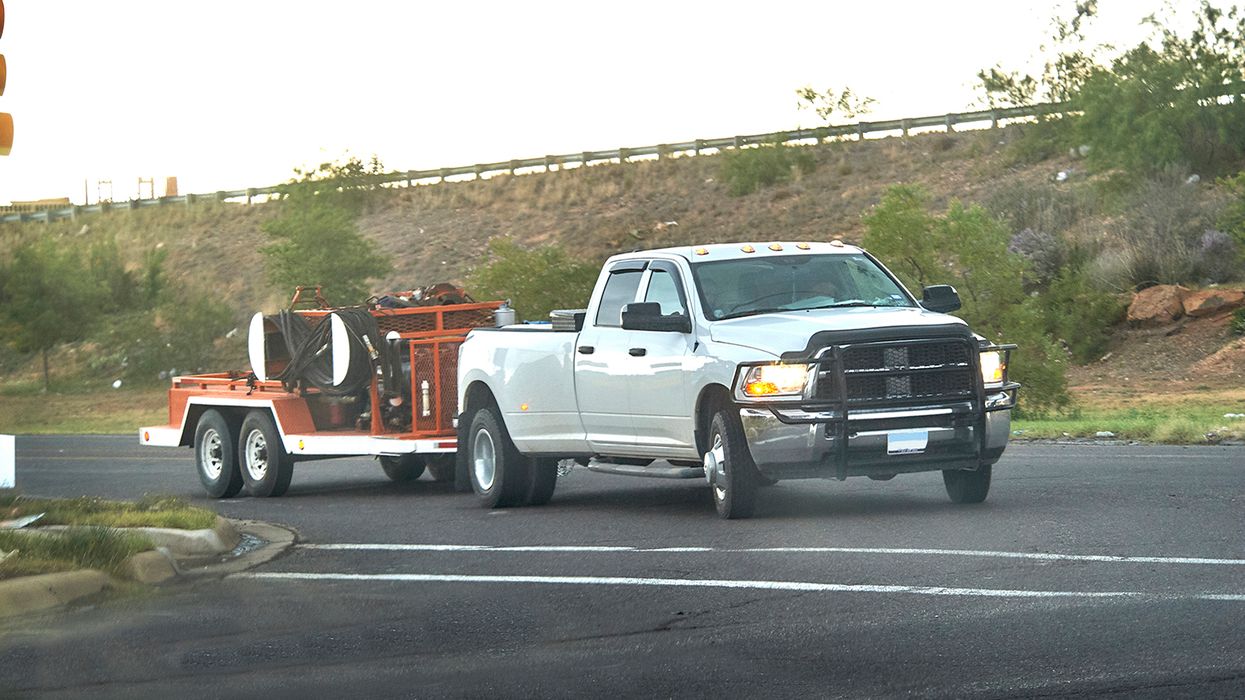Commercial drivers who stay relatively close to home are often required to follow the same DOT safety regulations as long-haul truckers, but there are some exceptions they can take advantage of.
Most of these “short-haul” exceptions relate to the hours-of-service rules and provide a break from either the recordkeeping requirements or the limits on work hours.
The following are five commonly used exceptions from the federal (interstate) hours-of-service requirements for drivers who stay close to home. Review the terms to see if your drivers qualify, and remember: Drivers should never try to claim an exception unless they have a clear understanding of how it works and when it can be used.
Note that state requirements and exceptions may vary for intrastate operations.
1. 150-air-mile (CDL) exception
Who’s eligible? Drivers of property-carrying vehicles (“trucks”) that require a commercial driver’s license (CDL), and drivers of passenger-carrying vehicles (shuttles/vans/buses), who return to the starting location at the end of the day.
What are they exempt from? Standard grid-style logs (records of duty status), supporting documents (see 395.11), and 30-minute breaks (see 395.3(a)(3)(ii)).
What’s the maximum distance? 172.6 miles away from the reporting location (150 air miles) measured in a straight line in any direction.
What other conditions apply? On any day the exception is used, the driver must:
- Not drive a commercial motor vehicle (CMV) beyond the 150-air-mile radius,
- Return to the work-reporting location at the end of the day (unless classified as a driver-salesperson),
- Be completely off duty within 14 consecutive hours of the starting time, and
- Be off work for 8 (bus) or 10 (truck) consecutive hours before coming back on duty.
The driver remains subject to the daily limit of 10 (bus) or 11 (truck) driving hours and the weekly on-duty limit of 60 or 70 hours.
Which records are required? The motor carrier must have a record of the driver’s starting time, ending time, and total on-duty time for the day, and it must be retained for six months. “Driving” time does not need to be recorded separately from on-duty time, and drivers are not required to have records in the vehicle (though it is a recommended practice).
Where’s the rule? 49 CFR 395.1(e)(1)
2. 150-air-mile (non-CDL) exception
Who’s eligible? Drivers of property-carrying vehicles (“trucks”) that do NOT require a CDL and who return to the starting location at the end of the day.
What are they exempt from? Standard grid-style logs (records of duty status), supporting documents (see 395.11), 30-minute breaks (see 395.3(a)(3)(ii)), and — up to twice per week — the 14-hour limit (395.3(a)(2)).
What’s the maximum distance? 172.6 miles away from the reporting location (150 air miles) measured in a straight line in any direction.
What other conditions apply? On any day the exception is used, the driver must:
- Not drive a CMV beyond the 150-air-mile radius;
- Return to the work-reporting location at the end of the day (but does not necessarily need to go off duty); and
- Not drive after the 14th consecutive hour on at least five days out of any seven consecutive days, or after the 16th consecutive hour on up to two days out of seven.
The driver remains subject to the daily limit of 11 driving hours and the weekly on-duty limit of 60 or 70 hours, as well as the need for 10 hours off between shifts.
Which records are required? The motor carrier must have a record of the driver’s starting time, ending time, and total on-duty time for the day, and it must be retained for six months. “Driving” time does not need to be recorded separately from on-duty time, and drivers are not required to have records in the vehicle (though it is a recommended practice).
Where’s the rule? 49 CFR 395.1(e)(2)
3. 16-hour “big day”
Who’s eligible? Drivers of property-carrying CMVs who return to the reporting location daily.
What are they exempt from? The 14-hour limit (395.3(a)(2)).
What’s the maximum distance? None. Drivers must remain close enough to home base that they can return there before hitting the 16-hour limit (or any other limit).
What other conditions apply? This is the only short-haul exception with a “look back” requirement. On the day the exception is used, the driver must:
- Have returned to the starting location on the prior five work days (not including days off, and even if the driver got a 34-hour restart);
- Be back to the starting location and released from duty within 16 consecutive hours after the start of the day; and
- Only use the exception if it was not already used within the previous six consecutive days, unless the driver got a 34-hour restart.
The driver must also comply with the 30-minute break rule, the 11-hour driving limit, the 60/70-hour limit, and the need for 10 hours off.
Which records are required? The driver must use a standard grid-style log (395.8) and keep supporting documents (395.11). A driver cannot claim both this exception and one of the 150-air-mile exceptions on the same day.
Where’s the rule? 49 CFR 395.1(o)
4. Construction materials & equipment
Who’s eligible? Any driver primarily transporting construction materials and equipment. This means the transportation of construction and pavement materials, construction equipment, and construction maintenance vehicles, to or from an active construction site (a construction site between mobilization of equipment and materials to the site to the final completion of the construction project). Placarded vehicles are not eligible.
What are they exempt from? The need to remain off duty for 34 hours to restart the 60/70-hour limit. Instead, these drivers may get a restart with just 24 hours off.
What’s the maximum distance? 86.3 miles (75 air miles) away from the work-reporting location, measured in a straight line in any direction (though states are allowed to set the limit as low as 50 air miles for in-state-only operations).
What other conditions apply? Drivers remain subject to all other requirements: 10 hours off, 11 hours of driving within a 14-hour period, 30-minute breaks, and the 60/70-hour on-duty limit.
Which records are required? These drivers should qualify for a 150-air-mile exception as described above. Otherwise, a standard grid-style log and supporting documents are required (395.8 and 395.11).
Where’s the rule? 49 CFR 395.1(m)
5. Driver-salespersons
Who’s eligible? Any driver for a private carrier of property who:
- Is engaged both in selling goods*, services, or the use of goods, and in delivering (by CMV) the goods sold or provided or upon which the services are performed;
- Drives no more than half the total work hours; and
- Drives no more than 40 hours in any seven consecutive days.
*“Selling goods” includes soliciting or obtaining reorders or new accounts, or other selling or merchandising activities designed to retain customers or to increase the sale of goods or services.
What are they exempt from? The 60-hour/7-day or 70-hour/8-day limit.
What’s the maximum distance? 100 miles (not air miles) away from the work-reporting location, measured in a straight line in any direction.
What other conditions apply? Drivers remain subject to all other requirements: 10 hours off, 11 hours of driving within a 14-hour period, and 30-minute breaks.
Which records are required? These drivers should qualify for a 150-air-mile exception as described above. Otherwise, a standard grid-style log and supporting documents are required (395.8 and 395.11). Note that if a driver-salesperson wants to take advantage of the option to not return to the starting location when using the 150-air-mile exception in 395.1(e)(1), the driver must remain within a radius of 100 miles.
Where’s the rule? 49 CFR 395.1(c)
What’s an ‘air mile’?
An air mile (also known as a nautical mile) is a bit longer than the standard “land” (statute) mile tracked on a vehicle’s odometer. One air mile is equivalent to 1.15 miles on the road. Therefore:
- 100 air miles = 115.1 land miles, and
- 150 air miles = 172.6 land miles.
What’s an “air-mile radius”?
A radius is a straight line from the center of a circle to its edge. If a driver must remain within a 150-air-mile radius of the starting location, for example, then the driver may travel up to 172.6 miles away from that location, measured in a straight line (“as the crow flies”) in any direction. Because most roads aren’t built in a straight line, drivers and motor carriers must refer to a map — or better yet, an online mapping tool — to determine where the geographic boundary lies.
Note that a driver limited to a 150-air-mile radius is not limited to driving a specific number of miles within the radius. For example, a truck driver may drive much more than 172 miles in a day and still claim the 150-air-mile exception, as long as all driving (up to 11 hours) took place within the 150-air-mile radius.
Aren’t we exempt from other safety rules?
Most short-haul exceptions are tied to the hours-of-service rules only. Short-haul operations are NOT exempt from rules governing driver qualification files, vehicle markings, daily and annual vehicle inspections, cargo securement, insurance, licensing, drug testing, and many other safety mandates.
Key to remember: Short-haul and regional drivers who return home each day are eligible for certain exceptions from portions of the hours-of-service rules, though state requirements may vary.

